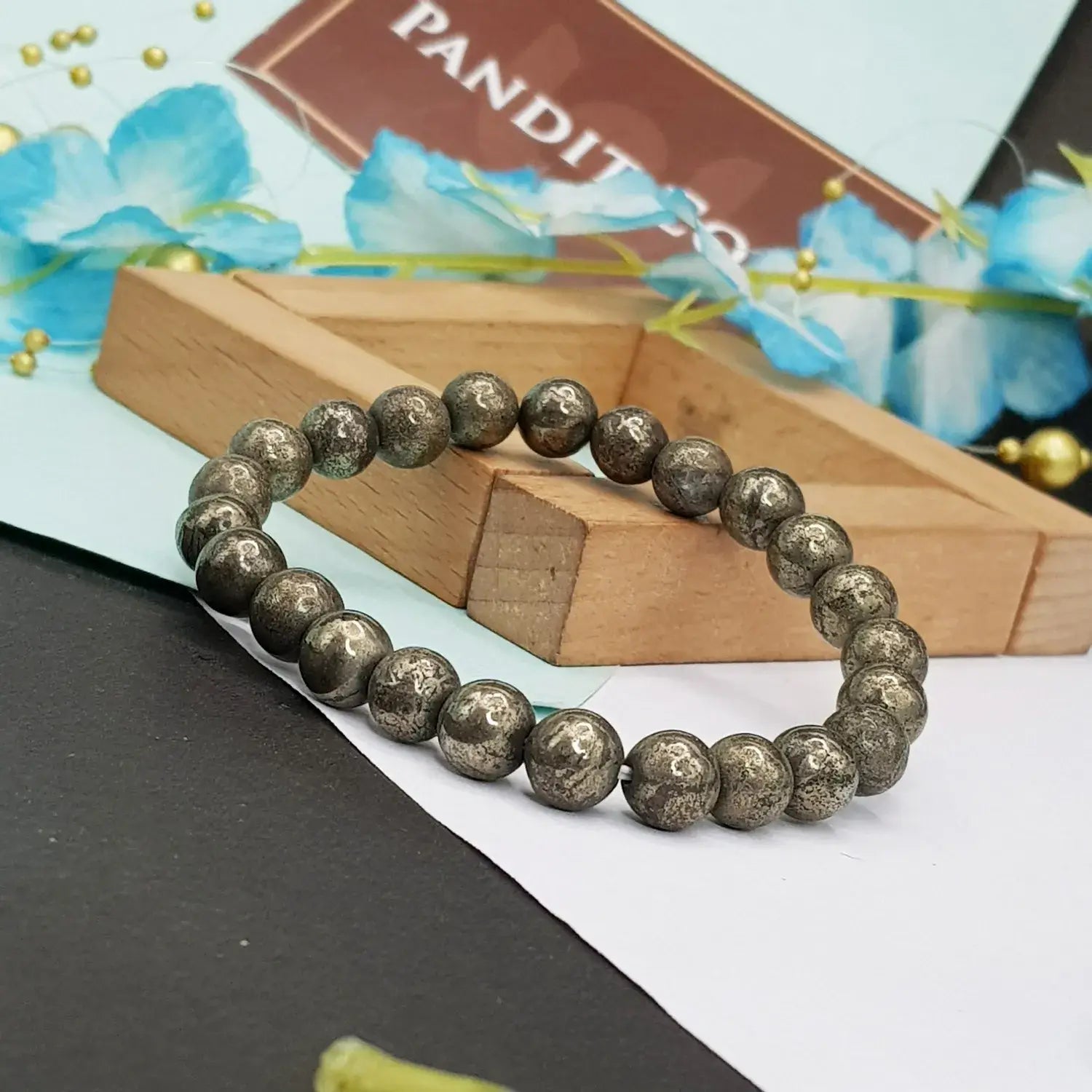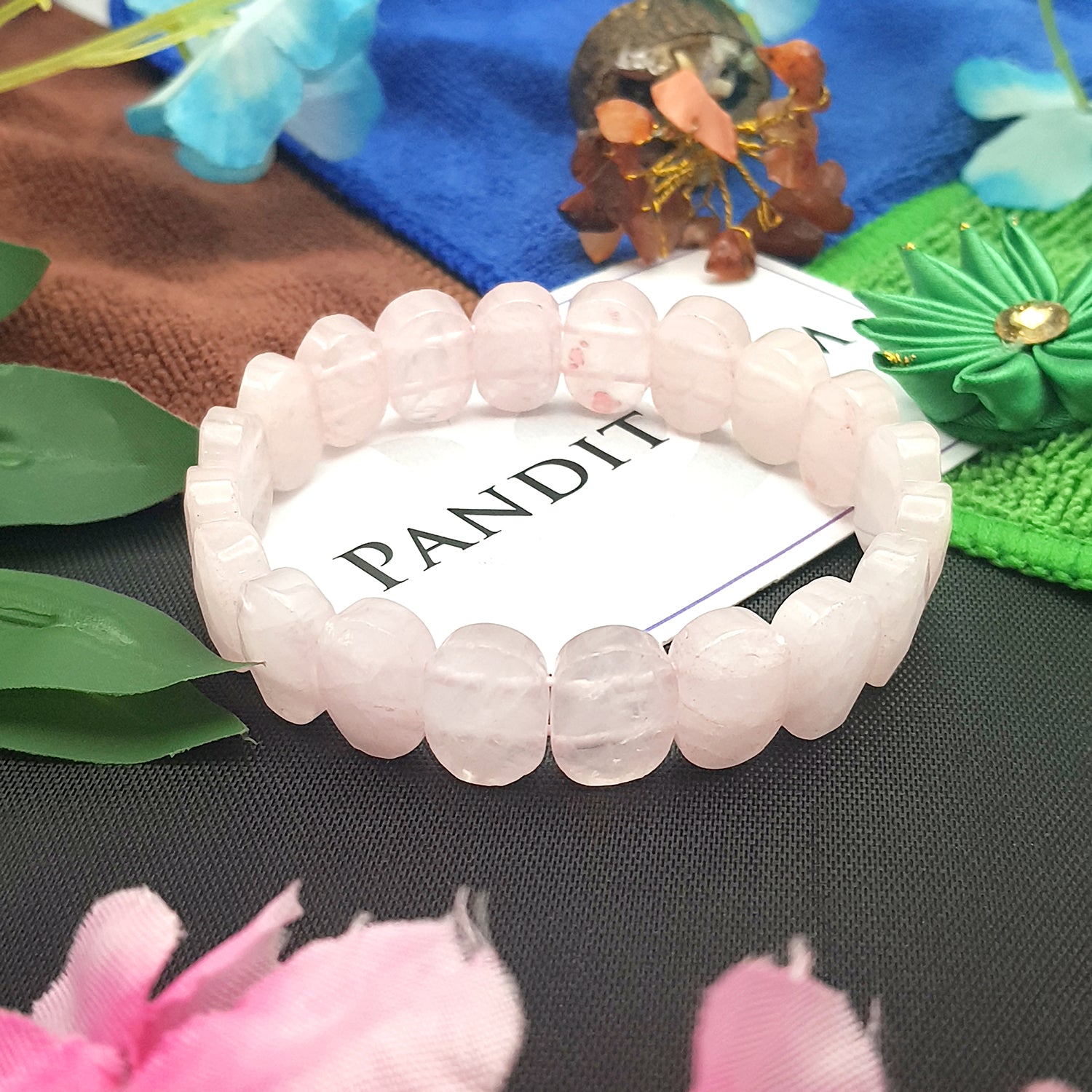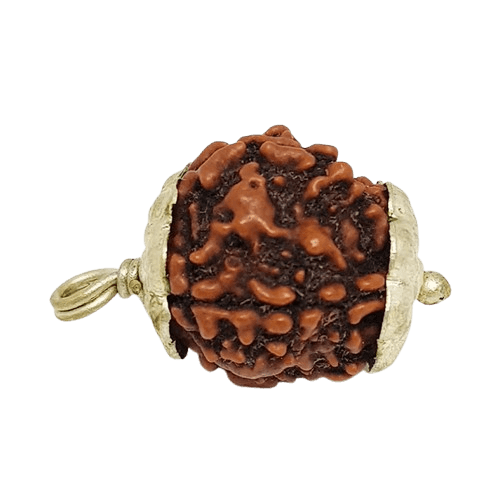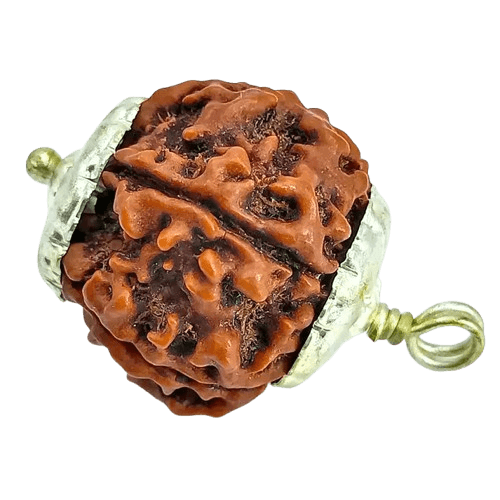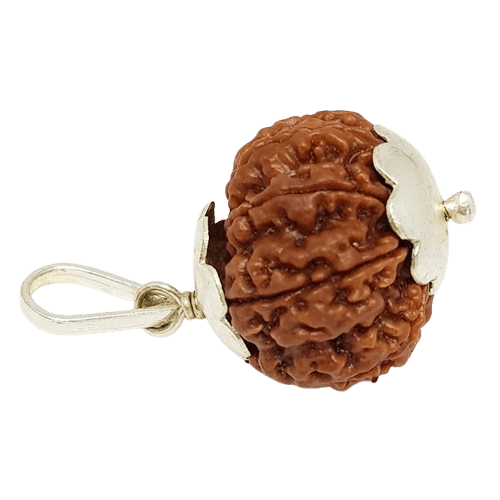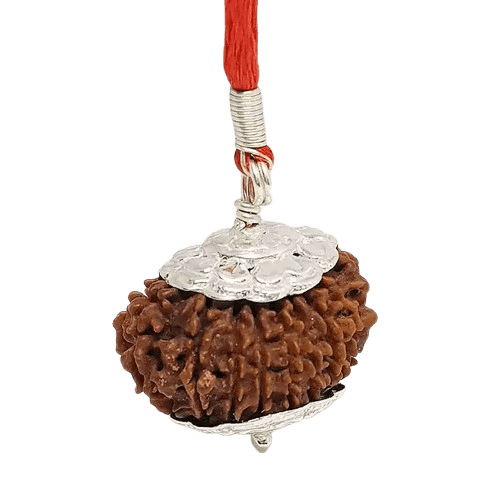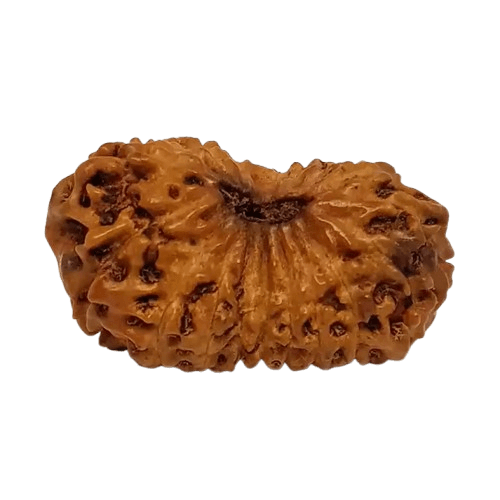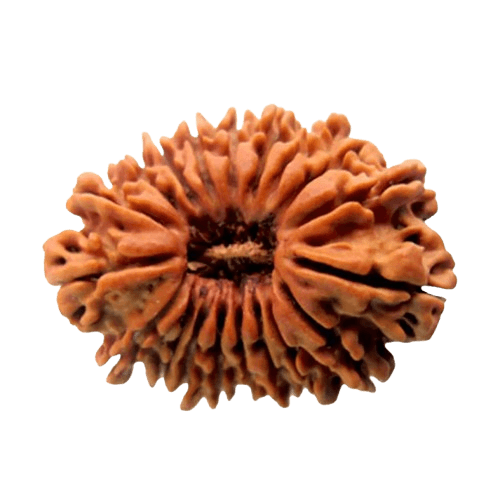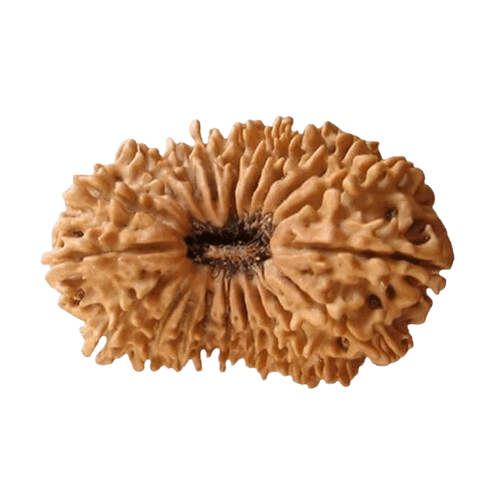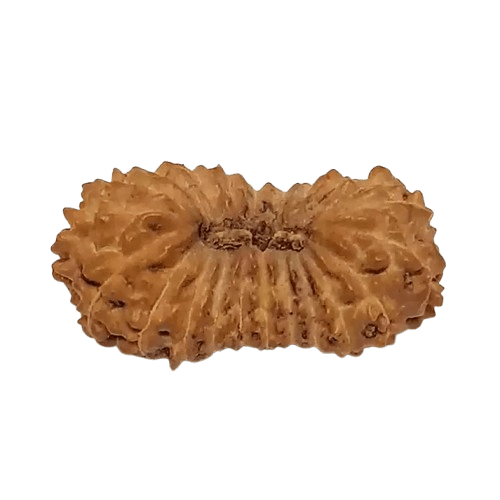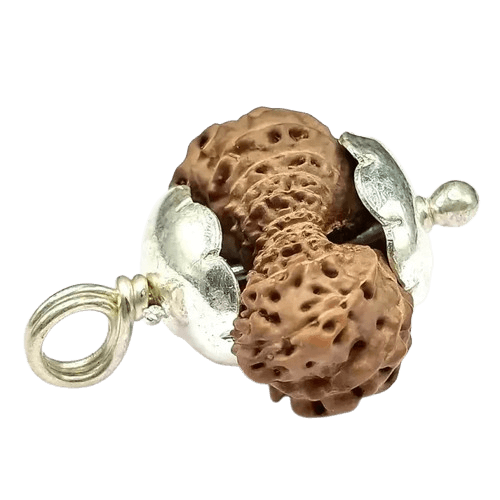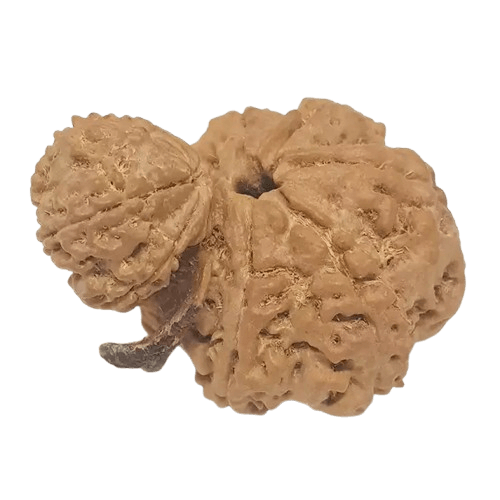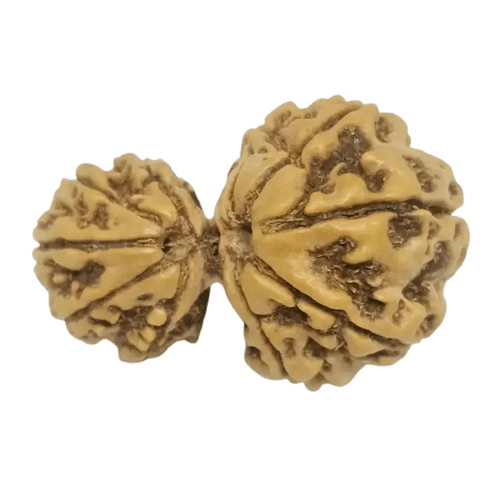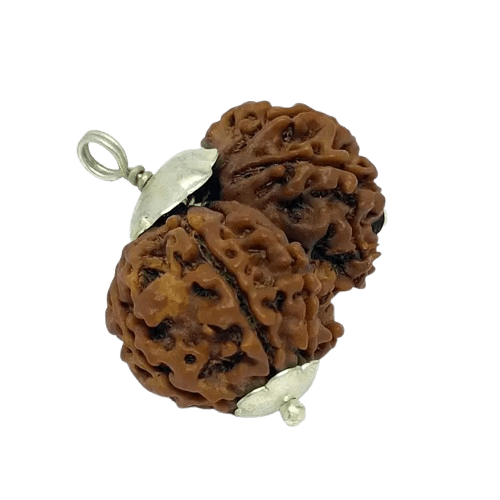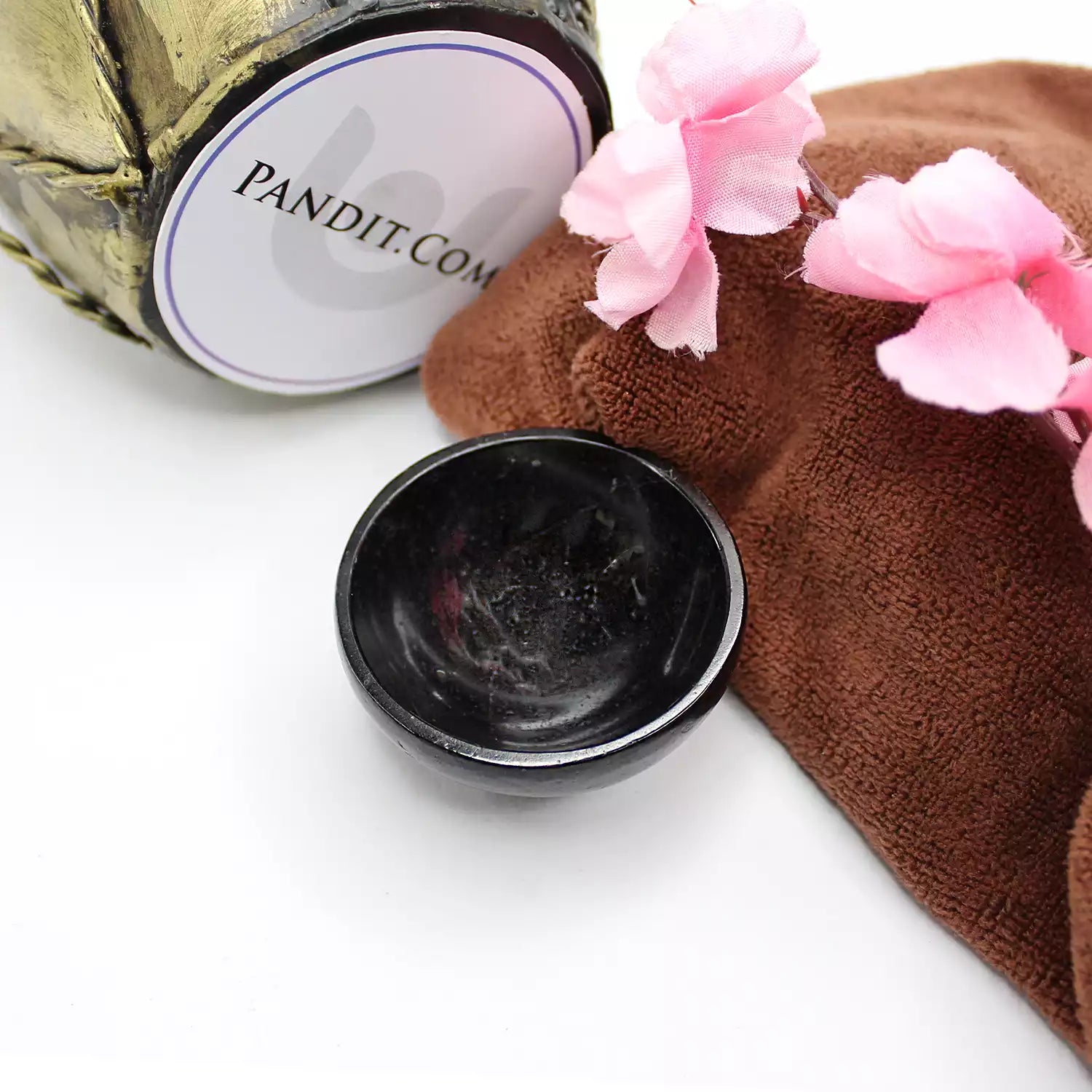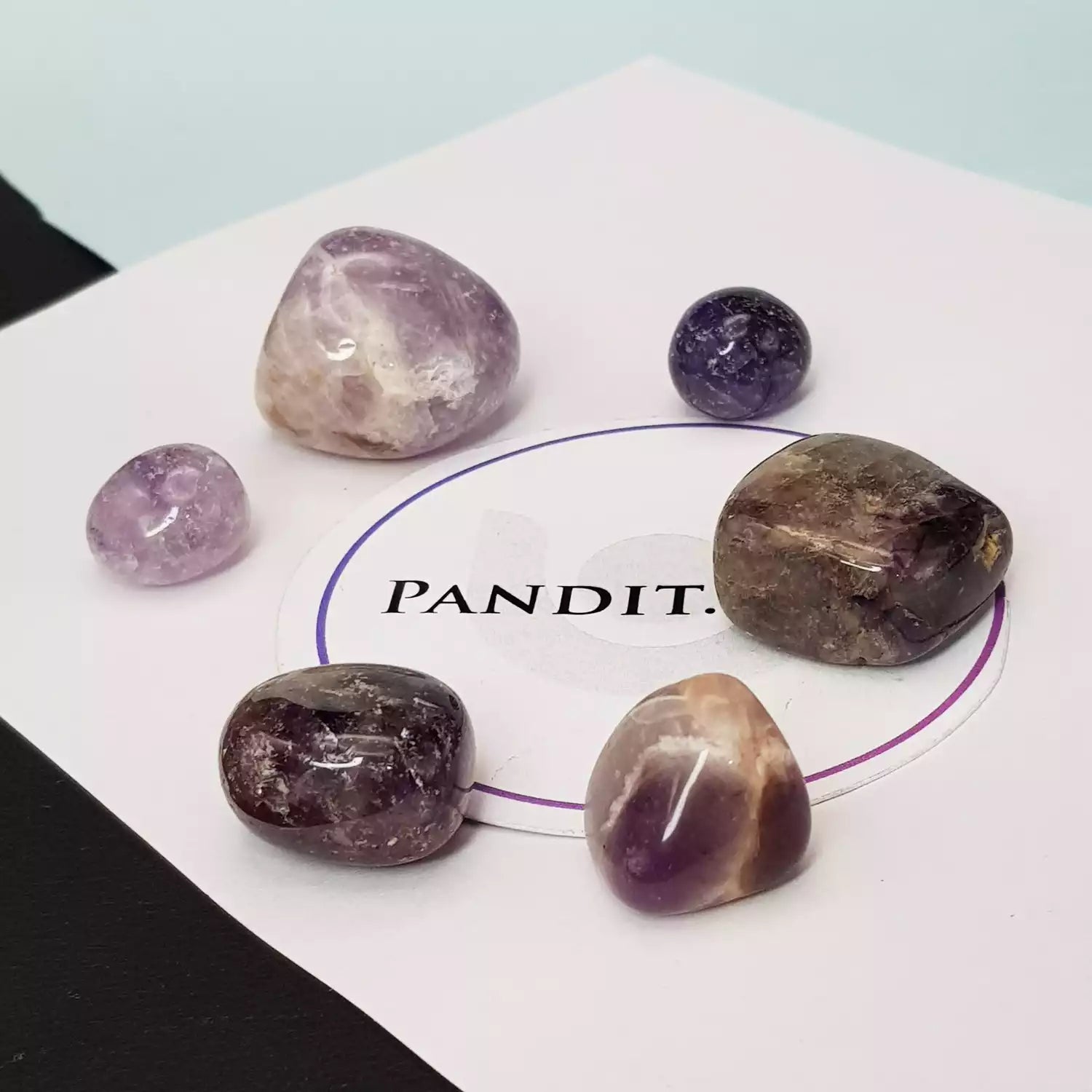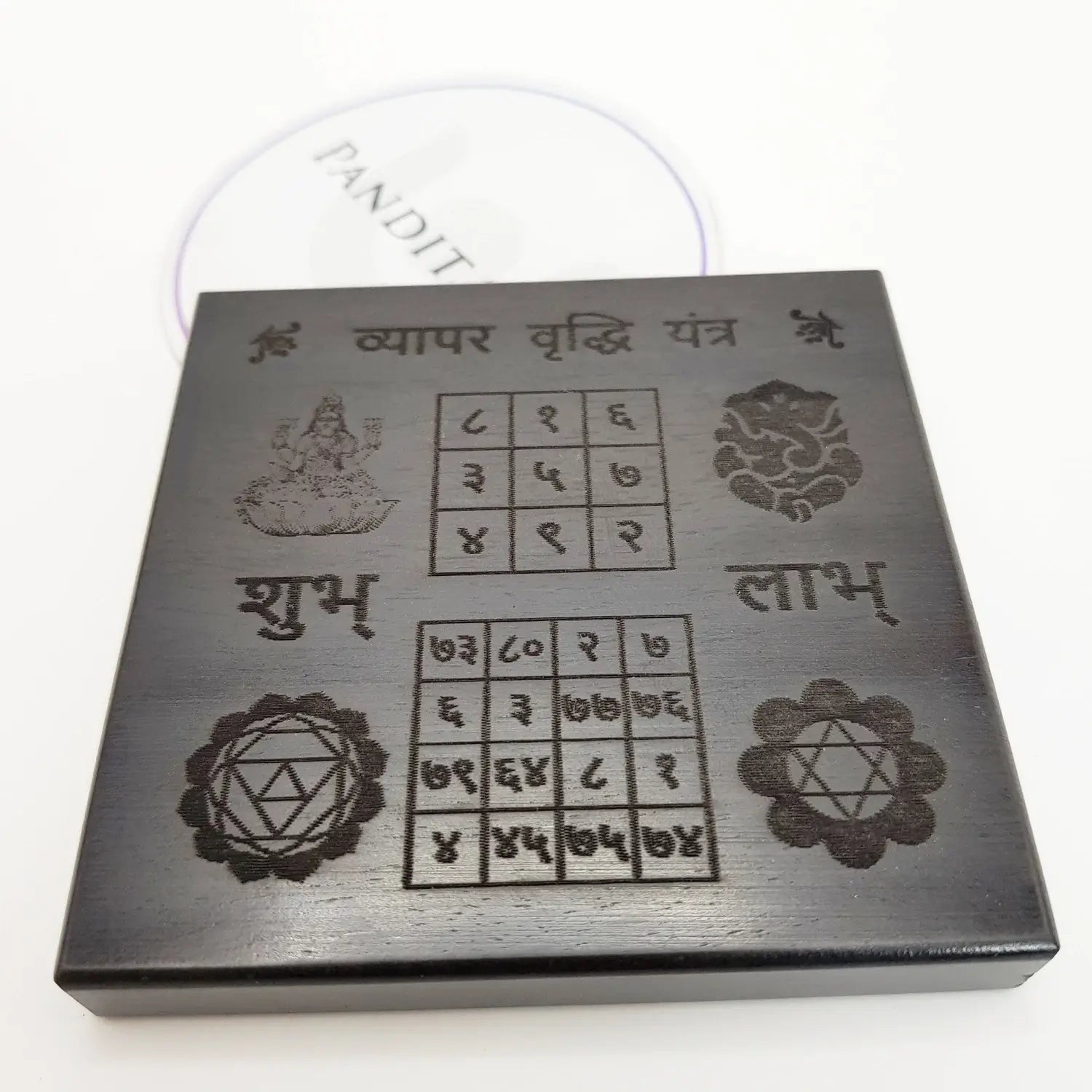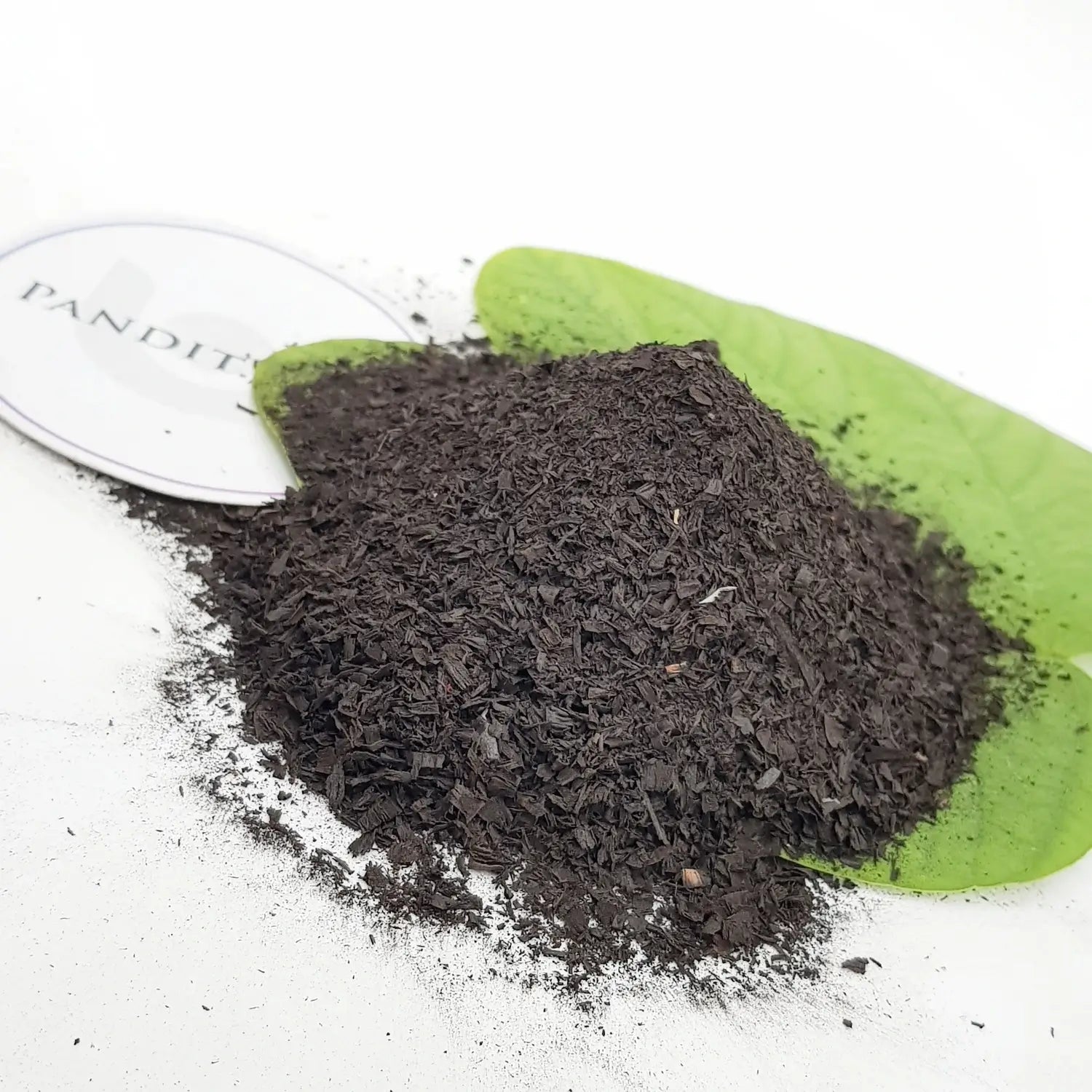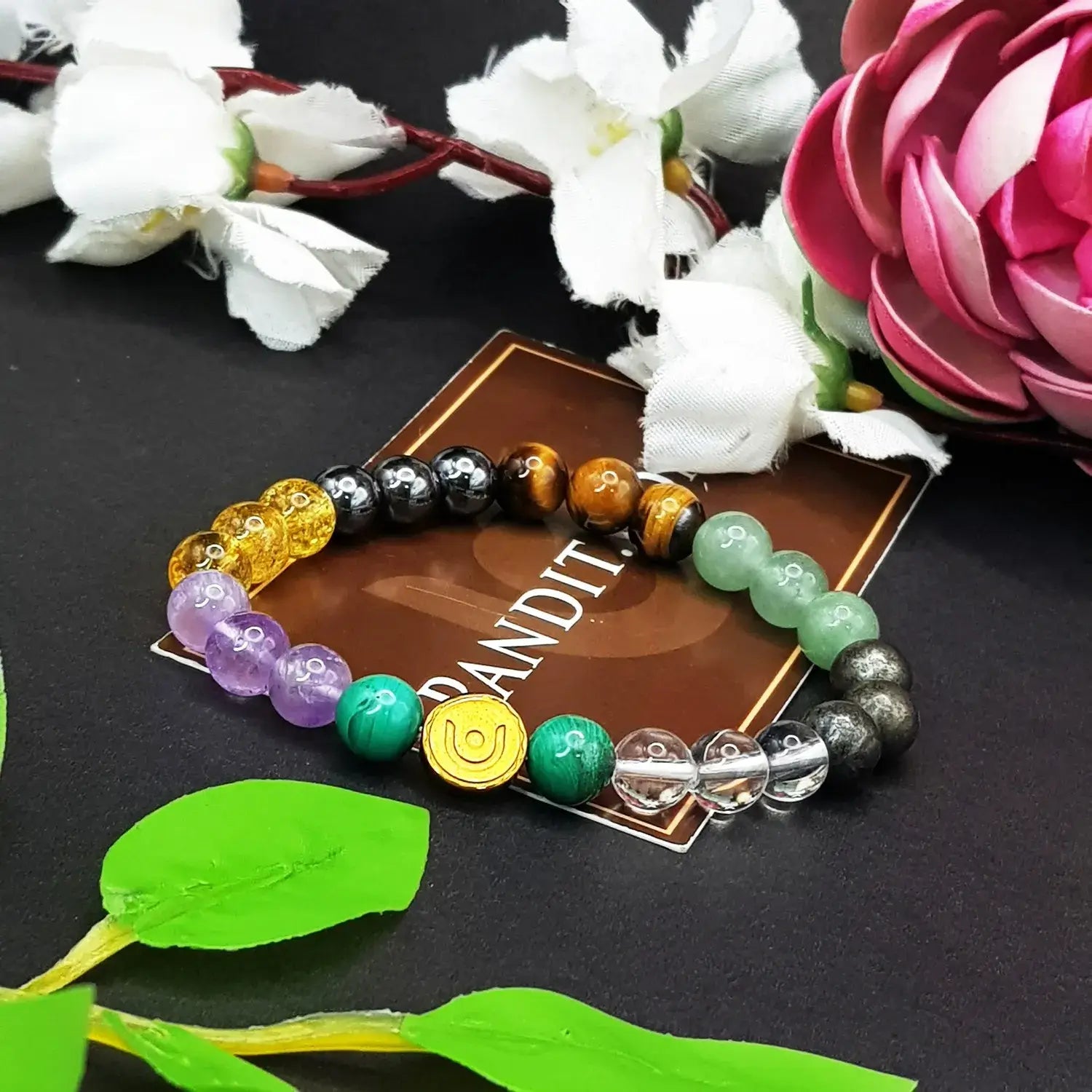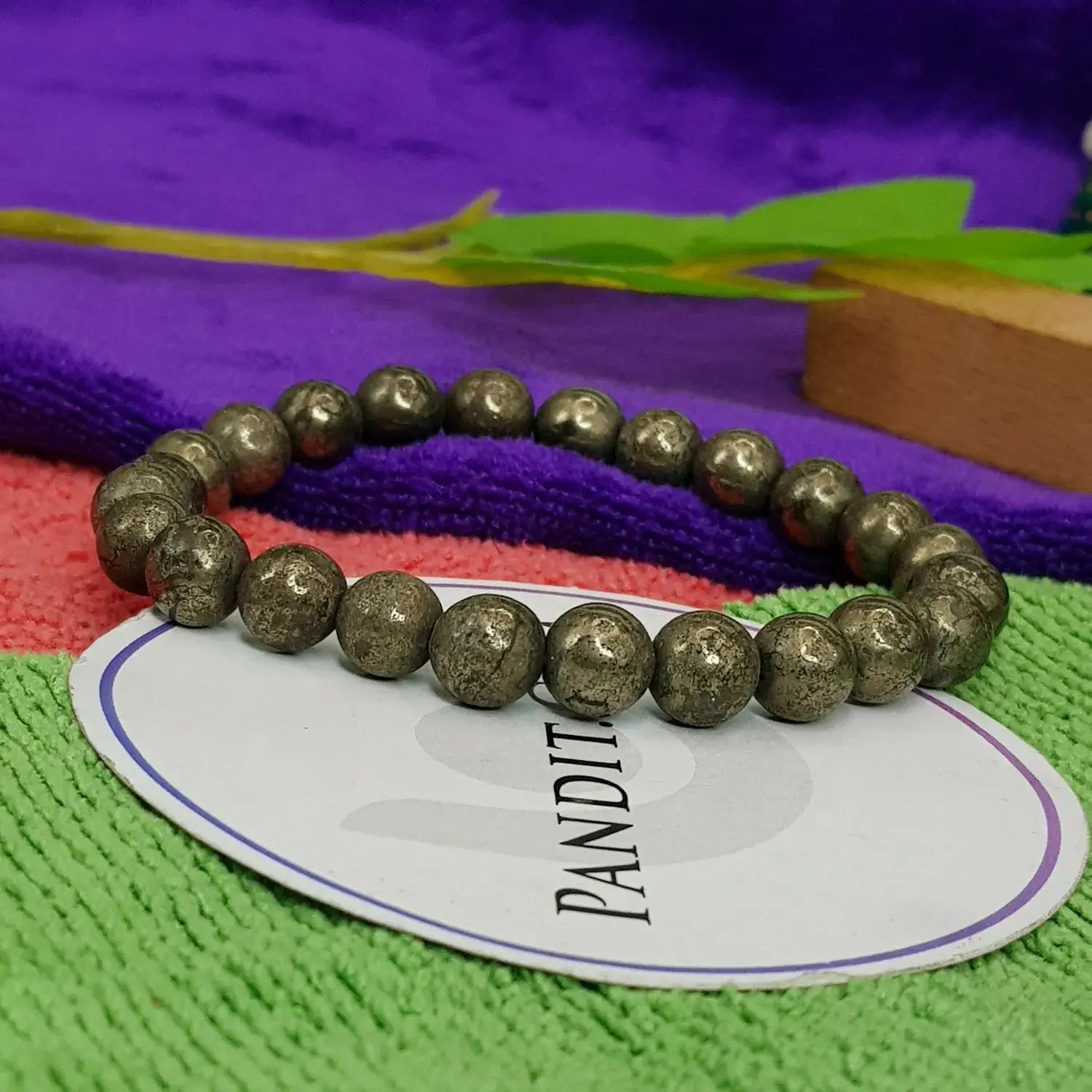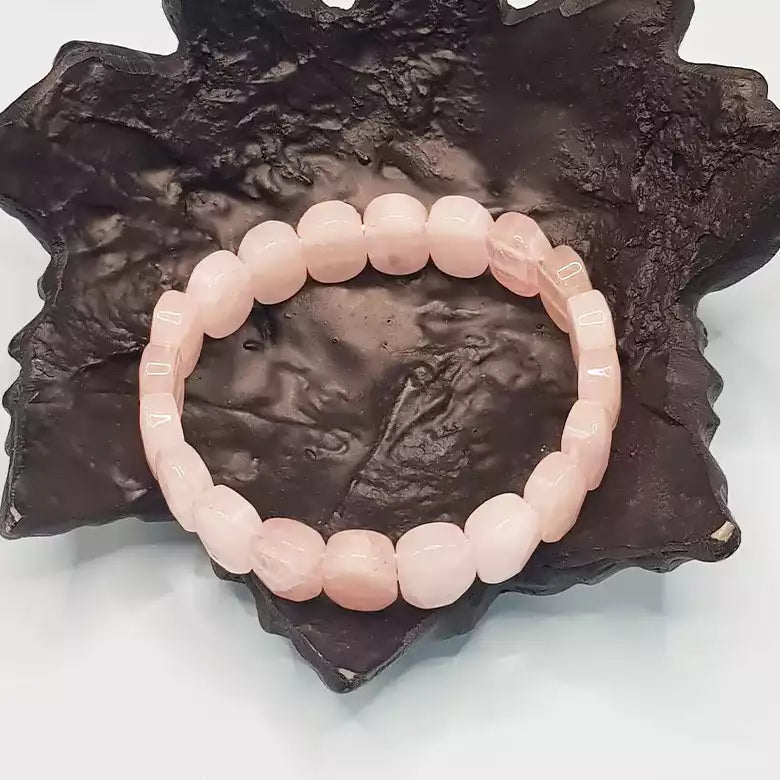A saying in the Bhagavad Gita, “पत्रं पुष्पं फलं तोयं यो मे भक्त्या प्रयच्छति। तदहं भक्त्युपहृतम् अश्नामि प्रयतात्मनः॥ "This means whoever offers me a leaf, flower, water or fruit with devotion is accepted with a pure heart.”
In Hindu dharma, offering something like flowers, a diya, or water to the deity is considered divine, and it helps us cleanse our souls within.
Such as when devotees offer water to the parad shivling or any other element out of honey, curd, or milk, it provides serenity to a person’s soul and helps the person in self-purification and surrender.
But the purpose of offerings to the deity is not just confined to this only. It has a lot of other sacred purposes too and carries significant reasons why it’s done:
Let’s unveil the truth behind it:
Walking into a temple or sitting in a home altar where the puja is going on, you will find yourself immersed in the divine environment where diyas are glowing, the fragrance of fresh flowers is being spread, and also, the sound of holy water sprinkling.
Imagine how it just feels; the essences that are used in the puja are elements of nature and are connected to the universe, the almighty which are fire, water, and flowers. These are derived from nature and are offered to the God, the universe itself. This is a sacred act of acknowledging the divine presence in all these creations.
Now, we will explore other reasons, too, why flowers, water, and diyas are offered in puja rituals in Hindu Dharma. Don’t lower your gaze!
Flowers (Pushpam)
Flowers are the most natural elements, possessing great beauty and softness. They bloom and spread their positivity around. It also depicts the inner blossoming of devotion, or bhakti, towards the deity, and not only this, it also shows that the person is surrendering himself or herself to the ever-loving almighty, the highest divine.
Different flowers being offered have different meanings; have a look at some:
Lotus: symbolizes detachment, rising above, purity
Jasmine: reflects purity and love
Hibiscus: especially offered to Kali and Ganesha, which symbolizes power
With each flower, you surrender some part of yourself to God; make sure you know what it is, such as anger, doubts, or fear.
Diya—Light
Light, the destroyer of darkness! When we offer deep to the Almighty, it means that we are dispelling the darkness inside and giving our souls a chance to feel light once again. It means that by connecting with God, we can feel alive again when something in us is dead or broken. Lighting a diya means
“I am making my soul enlightened, clear, and alive again, feeling divine energy within me. Please guide me to the righteous path.”
Water
Water is the symbol of purity, surrendering, and life flow. By offering it to our almighty God, we purify our intentions, wash away our ego, and help our soul feel cleansed, nourished, and connected with the sacred.
When you see water rituals performed in temples, you will see:
- Achaman—the act of sipping water for inner cleansing
- Abhishekam—pouring water or milk over the deity for, bath
- Arghya—offering water to honor the Sun or deity.
In other words, water also reminds us to stay humble, adaptable, and pure. Just like water takes the shape of any vessel, it teaches us that we must also try to shape ourselves according to the dharma.
When you offer water in any of the Puja rituals, try saying this at that time mentally:
“As this water flows, may my negativity also flow out like this out of my mind and peace flourish.”
Therefore, all in all, these sacred offerings—the flowers, diya, or water—speak in some form when these are offered. Such as the flowers say, “Here’s my heart, please take it, Lord.” Diya says, “Here’s my mind and soul; provide me inner enlightenment.” The water says, “ here’s my ego, please cleanse it.”
Every act becomes a step inward, which leads a person to self-awareness and reflection, peace, and spiritual growth.
Final Reflection
So, here, we can say that, when a puja is done, it doesn’t mean that we have to make our offerings out of some ritual or tradition, but it is simply a ‘bhavna,’ an emotion being given to God in faith, love, and eternal devotion.
You don’t need to prepare grand offerings to please Almighty, but it’s the true devotion, purity, and kindness for others that counts.
So, always serve others, try not to hurt anyone, and do bhakti with purity and righteousness.
Stay protected and blessed. Har Har Mahadev!
For more such knowledge and curiosity, you can talk to us at pandit.com. You're all divine; all your questions would be answered right away!
To seek personalized guidance on Kundali, horoscope matters, and numerology, you can consult one of the best among all, Pt. Rahul Kaushl, the Trichakra expert!


